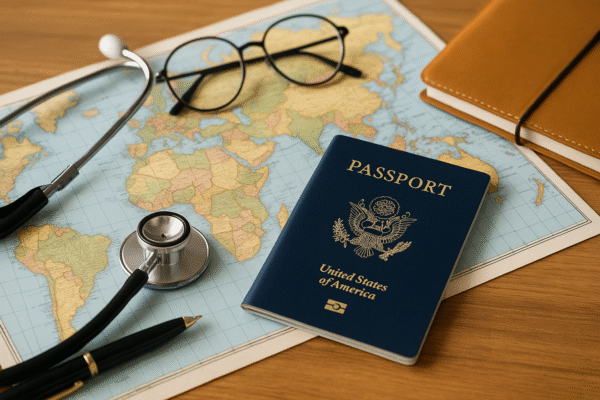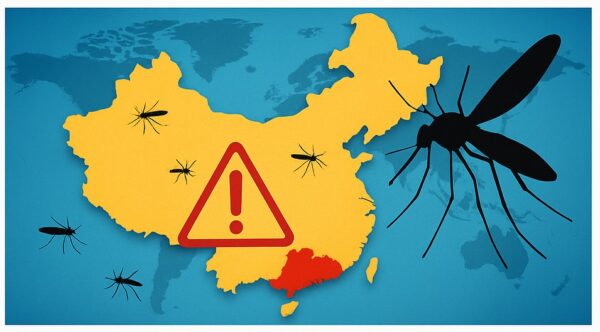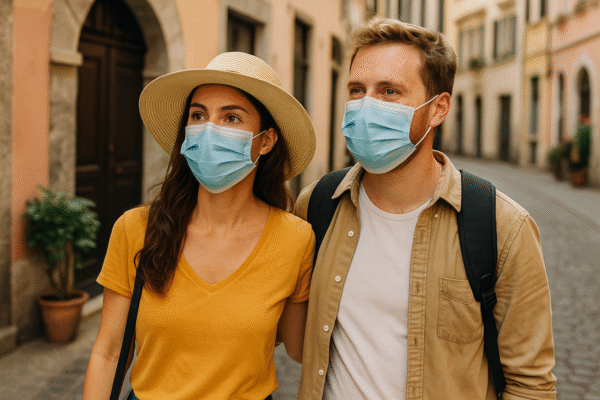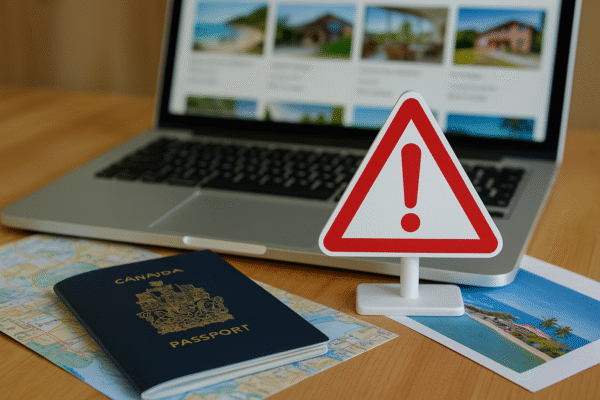As European summer tourism reaches its peak, the continent is facing an emerging travel health challenge: the reappearance of the Oropouche virus. In July 2025, the European Centre for Disease Prevention and Control (ECDC) confirmed multiple imported cases of this mosquito-borne disease in Germany, France, and the United Kingdom, originating from travel to Brazil, Dominica, and Cuba.
Though the risk of local transmission remains low, the reintroduction of the virus in Europe raises concerns about international travel safety, especially among tourists headed to or returning from endemic regions in the Americas. The resurgence has prompted public health alerts and renewed focus on travel-related disease risks across the tourism industry.
Imported Oropouche Virus Cases in Germany, France, and the UK
According to the ECDC’s latest epidemiological update, Europe reported several confirmed Oropouche virus infections in 2025:
- Germany recorded one case from a traveler returning from Dominica (visited January 24–February 7, 2025).
- France confirmed a case linked to travel in Brazil in March 2025.
- The United Kingdom registered three imported cases from Brazil between March and April.
These cases underscore the vulnerability of global tourism routes to disease transmission. While Oropouche virus is not native to Europe and cannot spread locally due to the absence of suitable mosquito vectors (like Culex quinquefasciatus or Culicoides paraensis), the rising number of infected travelers poses logistical and medical concerns for airports, border control, and tourism authorities.
Oropouche Virus: A Mosquito-Borne Threat from the Americas
Oropouche virus (OROV) is an arbovirus endemic to tropical regions of Central and South America. The disease is spread primarily through mosquito bites, with symptoms resembling dengue or chikungunya—fever, joint and muscle pain, headache, and skin rashes. Though rarely fatal, the illness can cause debilitating symptoms that affect travel plans and healthcare systems.
Cuba, Brazil, and Dominica—popular destinations for European travelers—have experienced spikes in Oropouche activity in 2025. According to the Pan American Health Organization (PAHO), Brazil reported over 4,000 suspected Oropouche infections in the first half of the year, particularly in Amazonian and northeastern states. Cuba and other Caribbean nations have also noted increased vector activity due to climate change-induced rainfall patterns and rising humidity.
ECDC Risk Assessment: Minimal Secondary Transmission in Europe
The ECDC has assessed the current risk of secondary transmission within Europe as very low, primarily because the vectors responsible for spreading OROV are not established in the EU/EEA. However, the agency emphasizes vigilance due to the potential for climate-driven vector migration in future summers.
In its guidance, the ECDC recommends travelers to endemic regions take the following precautions:
- Apply insect repellent with DEET or picaridin
- Wear long sleeves and pants
- Use mosquito nets or screened accommodations
- Consult with travel health clinics before departure
These recommendations are vital for tour operators and hospitality providers promoting packages to South and Central America, where exposure risks remain elevated.
European Tourism Faces a Growing Health Challenge
As international tourism rebounds post-pandemic, Europe has seen a steady rise in long-haul travelers visiting destinations across Latin America and the Caribbean. The UK’s Foreign, Commonwealth & Development Office (FCDO) and France Diplomatie have both updated travel advisories to include mosquito-borne virus awareness for travelers headed to Brazil, Dominica, and Cuba.
Given the strong demand for eco-tourism, rainforest expeditions, and beach vacations in these regions, European travelers may unknowingly return with infections. The responsibility falls partly on travel agencies and airlines to provide timely information, pre-trip screenings, and flexible cancellation policies in case of illness.
Preparing Europe’s Tourism Industry for Emerging Health Risks
The European tourism industry must adapt to a new era of biosecurity. While COVID-19 introduced airport temperature checks and vaccination requirements, vector-borne illnesses require a different strategy—one that blends digital information, pre-travel guidance, and destination-based risk mitigation.
Key recommendations for tourism stakeholders include:
- Traveler Education: Travel agencies, airlines, and hotel chains should provide accessible Oropouche virus information via emails, booking platforms, and in-flight materials.
- Health-Safe Hospitality: Hotels in endemic regions should offer mosquito protection (screens, repellents, netting) and medical assistance for symptomatic guests.
- Digital Health Tools: Apps like the EU Digital COVID Certificate could be repurposed to track and alert travelers about ongoing health risks.
- Cross-sector Collaboration: Stakeholders must work with ECDC, WHO, and national public health authorities to develop rapid-response strategies for future outbreaks.
Outlook: Summer 2025 Travel in a Changing Health Landscape
Despite the current low risk of an Oropouche outbreak in Europe, the imported cases reflect a broader global trend—where increased mobility, climate change, and health inequality converge to make the world more vulnerable to disease spread.
European travelers planning trips to Brazil, Cuba, or the Caribbean are urged to consult updated travel health advisories and take preventive steps. Meanwhile, local tourism operators in Europe should remain prepared, ensuring they can respond effectively should more health alerts arise.
With better coordination between health agencies and the travel industry, Europe can maintain its position as a safe and desirable tourism hub—even in a world of evolving health threats.
For more travel news like this, keep reading Global Travel Wire



















